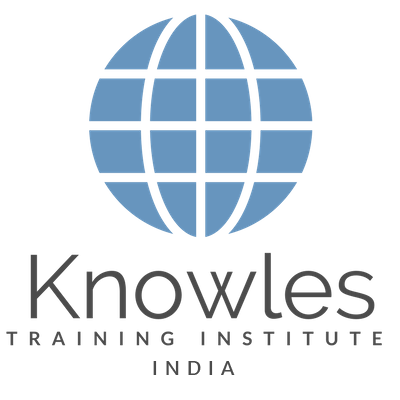Skip to content
Active RecallIntern1bksiuevej76kHhK2023-07-17T14:31:04+08:00
Active Recall
Unleashing Your Brain’s Potential: The Active Recall Approach to Learning
- Neural Plasticity: Active recall harnesses the brain’s neural plasticity. By engaging in frequent retrieval practice, the brain forms new connections and strengthens existing ones, facilitating efficient information processing and memory storage.
- Transfer-Appropriate Processing: Active recall aligns with the principle of transfer-appropriate processing. By practicing retrieval in a manner similar to the desired outcome (e.g., recalling information in the format it will be tested), learners improve their ability to transfer knowledge to similar contexts.
- Active Participation: Active recall requires active participation in the learning process. By actively engaging with the material, learners become more invested in their own learning, leading to increased motivation and better retention of information.
- Interference and Desirable Difficulties: Active recall introduces desirable difficulties, such as interference. By intentionally mixing up different topics or concepts during retrieval practice, learners create retrieval challenges that strengthen memory retrieval and improve long-term retention.
- Promoting Long-Term Memory: Active recall facilitates the encoding of information into long-term memory. By repeatedly retrieving information over time, learners reinforce memory traces and protect against the forgetting curve, leading to better long-term retention.
- Metacognitive Monitoring: Active recall enhances metacognitive monitoring. By assessing their own learning and tracking their progress over time, learners develop a better understanding of their strengths and weaknesses, allowing them to make informed study decisions.
- Self-Explanation: Active recall encourages self-explanation. By verbalizing or writing out explanations during the retrieval process, learners consolidate their understanding, fill gaps in knowledge, and reinforce memory retrieval cues.
- Active Retrieval for Conceptual Learning: Active recall is particularly effective for learning complex concepts. By actively retrieving and linking different elements of a concept, learners deepen their understanding and build a robust mental framework for future knowledge integration.
- Collaborative Active Recall: Active recall can be enhanced through collaboration. By engaging in group discussions or study sessions centered around retrieval practice, learners benefit from the diverse perspectives and collective effort, enhancing their own recall abilities.
- Self-Regulated Learning: Active recall promotes self-regulated learning. By taking control of their own study process and actively practicing retrieval, learners become more independent and develop effective learning strategies that suit their individual needs and preferences.
Page load link


